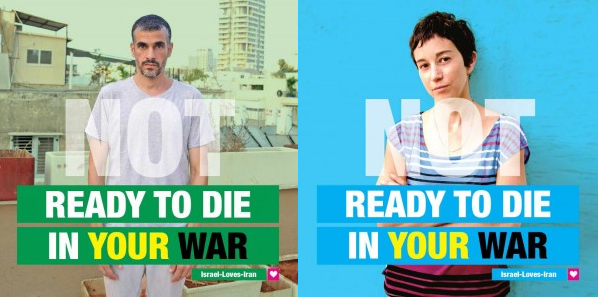Guest Post: Reflections on a Riot

Ed: Brian O’Neill, the co-founder of Waq al-waq, returns home with this piece on today’s attack on the US Embassy in Sanaa.
(Before we start, I’d like to thank Greg for inviting me to guest post. Writing on Waq al-Waq is like returning home, if home had somehow moved to a newer, nicer location. So maybe returning to a houseboat? Let’s just begin.)
Riots, like failure or a good party, always have a thousand fathers. There are proximate and ultimate causes. The 1992 LA Riots didn’t happen because everyone was close, personal friends with Rodney King; they were borne from decades of injustice, poverty and bad leadership. The 1967 riots in Chicago weren’t really about fire hydrants being closed during a sweltering summer. The list could go on. If you were looking at these in a vacuum, you’d say “Wait- they burnt down half the city because some cops beat up a stranger?” But, obviously, it is never that simple.
It is the same in Yemen, and in Egypt, Tunisia and Libya (though different in each one, of course- as always at Waq al-Waq, we try not to reduce analysis across millions of people. Here are a couple of goodtakes on the Salafi influence in Benghazi). One could easily think- correctly- that this is an insane over-reaction. Some guy who may or may not exist makes a laughably amateur video about a topic on which he knows nothing that literally no one is going to see? Let’s burn things! I stipulate, of course, that the “movie” is awful and full of offensive misinformation, and that “Rev” Terry Jones is human paraquat. But that still doesn’t seem a good reason for people an ocean away to go insane and burn things and kill people. Right?
And it isn’t the reason, or, at least, not the full reason. The movie was the proximate cause, not the ultimate one. It was the match dropped in the tank of kerosene; it was the whisper that led to the rumor that led to the war. What we had in Yemen was the main problem around the world: bored young men, full of testosterone and frustration, with the sickening sense of going nowhere fast.
This seems obvious, even banal, but it is true, and not talked about enough. In Yemen, as in Egypt and Tunisia, the fervor of revolution had worn off. A very short time ago, there was that headlong sense of forging your own destiny, of manning the barricades, or risking life and limb to march down the street, overthrow a tyrant, and claim your rights as a citizen and a human being. That is a pretty heady feeling, and when it wears off, and life grinds back down to usual, and politics is once again the province of dusty old men, the sense of betrayal is even higher. And while Hadi has done some interesting things, he hasn’t changed much. He hasn’t had a chance to, of course- even if he is the man to lead Yemen to a bright and democratic and peaceful future (anyone want to place bets?), it won’t happen soon. And while I am sure most people understand that, the frustration is also understandable.
This frustration needs an outlet, and in the Middle East it is easy to turn that sentiment into anti-American feelings and to channel it through religious passion. While America is clearly at fault for many things, and while drone strikes do cause justified resentment, the ease at which internal anger is channeled outward is one of the key pathologies afflicting the region.
Which is why it is curious that the US Embassy was breached. Located in San’a, the Embassy was a fortress, walled off far from the road, and very secure. Security had been very tight since AQAP attacked it in 2008. But look at this video, or others on the web. They were able to get in easily, and roam freely. So how did that happen?
Right now, no one knows, but there are two large possibilities. The first is that Yemeni security around the compound let them in. Now, whether it is because they sympathized with the protestors or because they were scared and reluctant to fight is an unknown (probably a bit of both, with more on the latter). The other possibility, of course, is that there were orders to stand down, to let this aggression go unchecked.
Why would this happen? Why anger an ally? For the normal reasons- venting. To lift the lid off the pot before it blows off. Ali Abdullah Salih was a master of this, of redirecting anger. Hosni Mubarak was probably even better (and Arafat the best of all, though he had more to work with). I mean, any politician anywhere tries to deflect blame and redirect passion, to throw the switch before the train runs him down. That’s common survival. But there are different levels of passion in different places.
It needs to be reiterated that this is just speculation. I generally tend to think most things happen due to folly and caprice, chance and luck. But this does make a few things clear- Yemen still is swamped with political immaturity and fraught with impossible tensions. There is no reason to storm the gates over the movie with possibly the worst production values ever. But that is just the problem: when you have a mix of religious and political fever being smashed down by a lack of opportunity and crushing boredom, reason has nothing to do with it.





